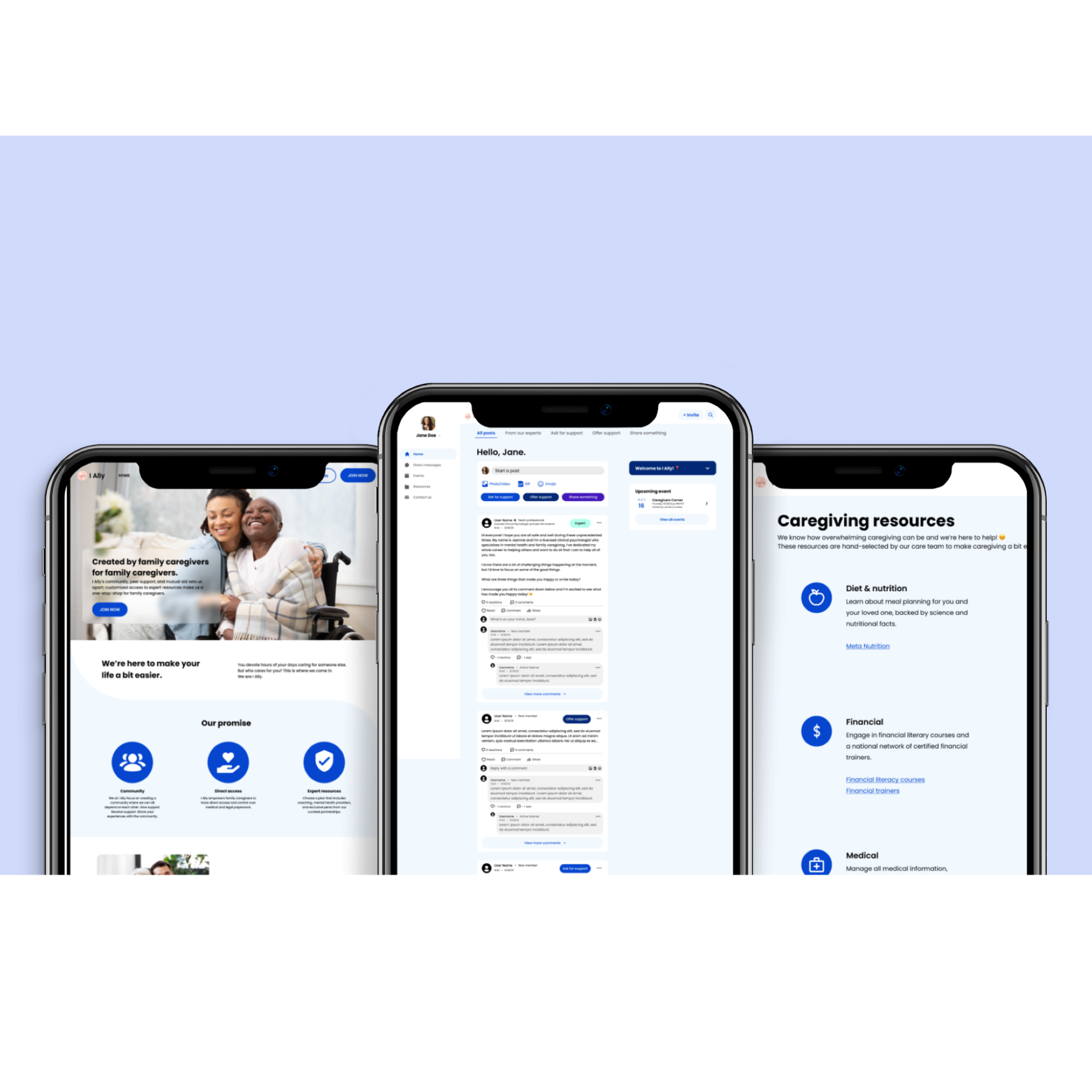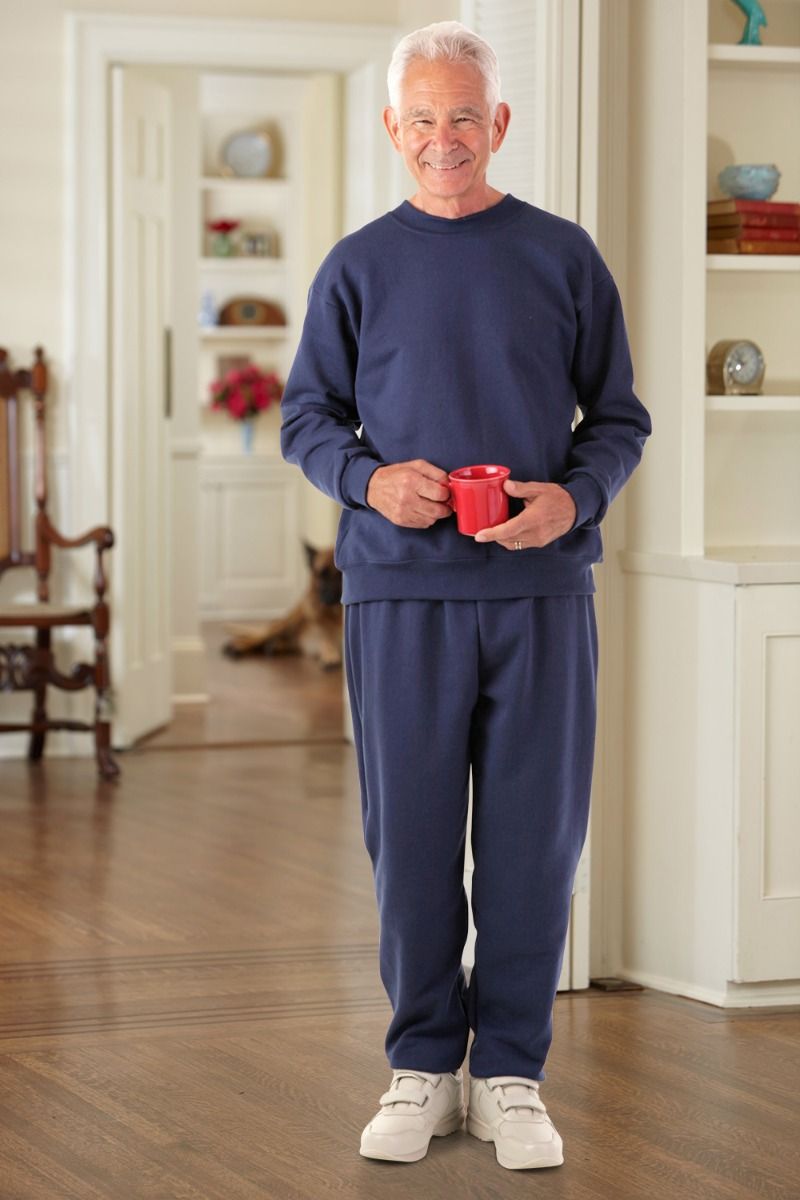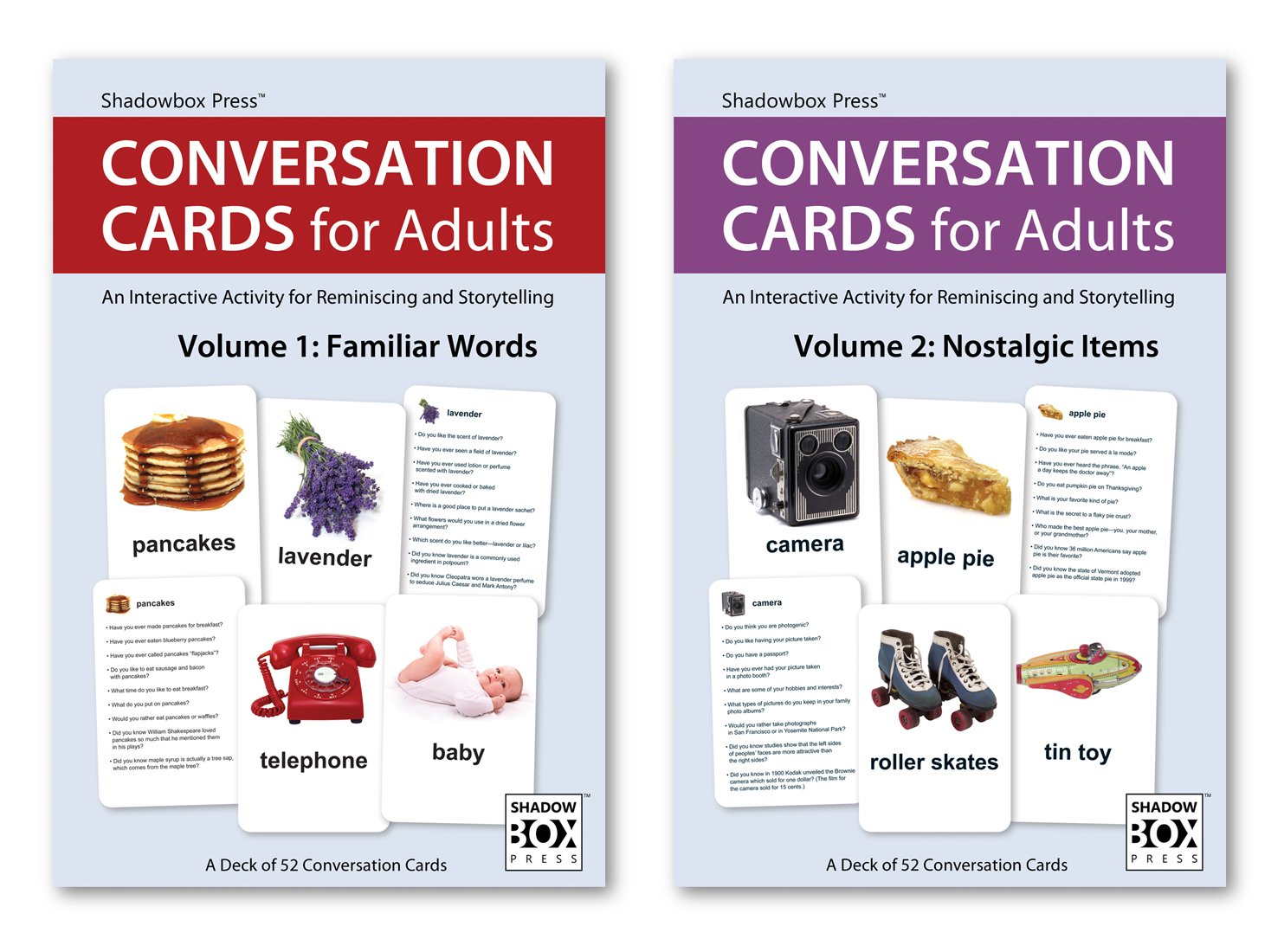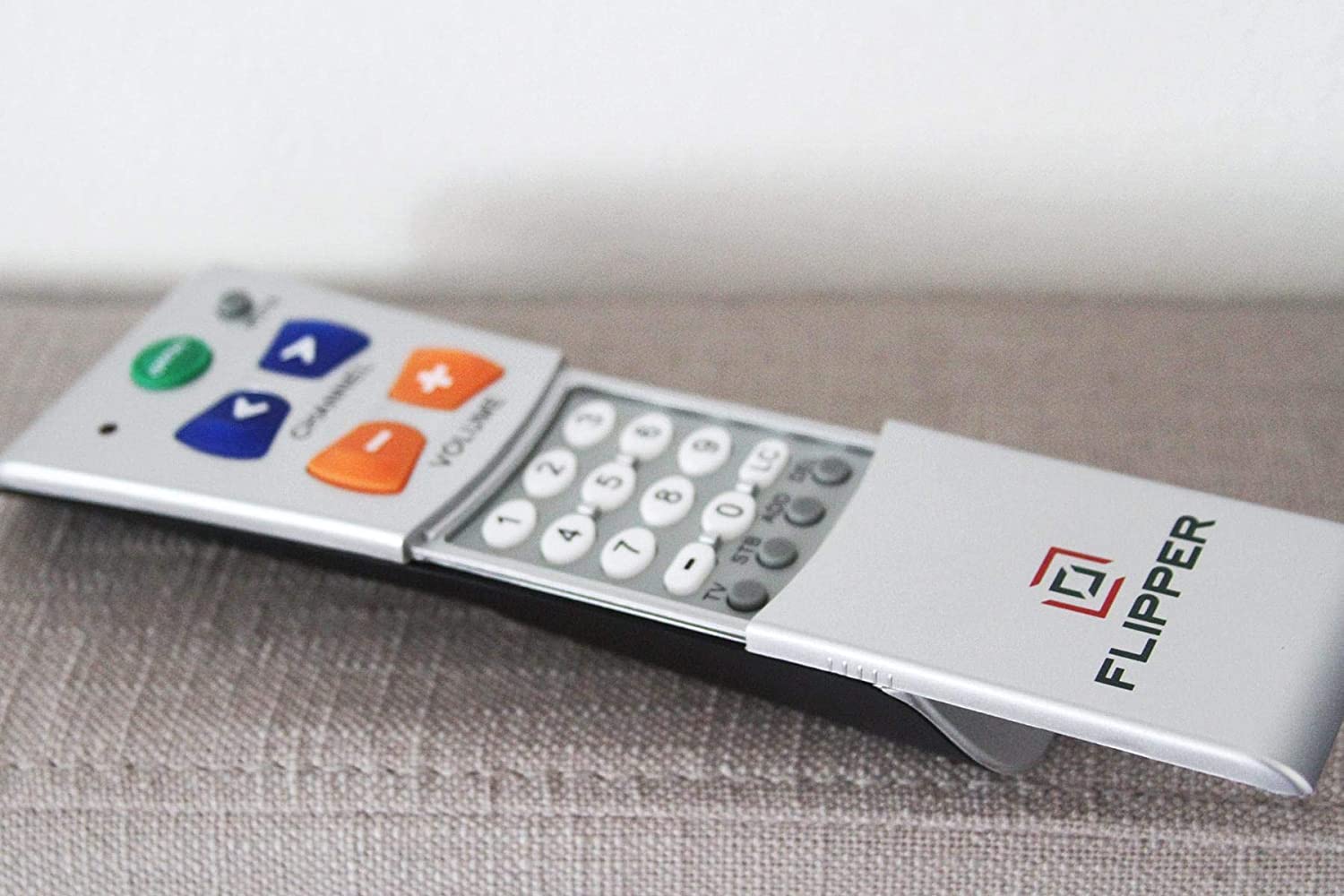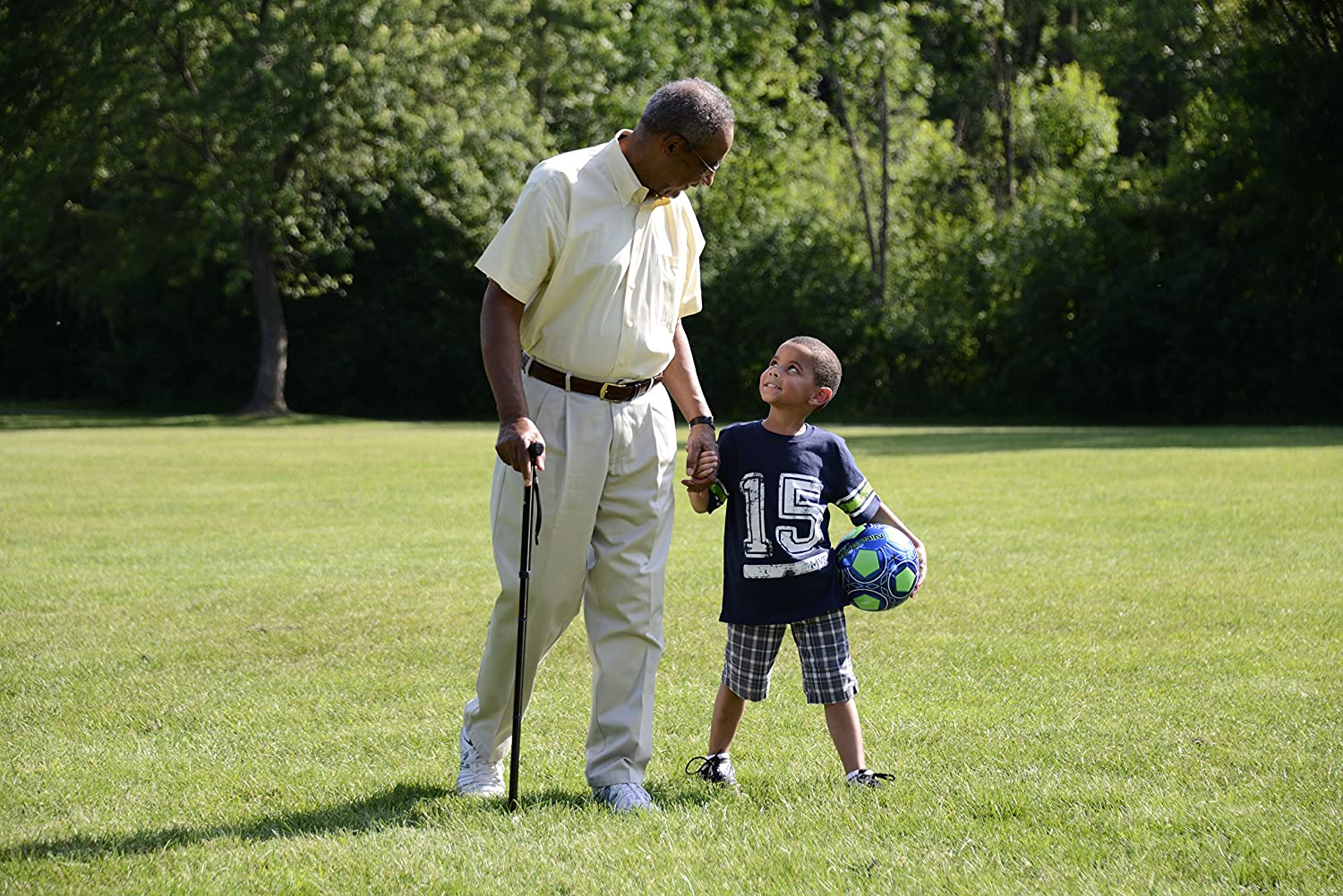The coronavirus pandemic left many of us feeling scared and alone. The damage done is far-reaching and has distanced us from a life we all once took for granted.
Not only have most people isolated themselves from friends, but we were also separated from our families. More specifically, many of us are still unable to see our elderly loved ones–many of whom suffer from dementia.
Being unable to get in touch with your grandparents, parents, aunts, or uncles, adds another layer of fear and anxiety to the crisis.
Fortunately, through the following five methods, you can stay in touch with your loved ones struggling with dementia when their needs include isolation for safety from infection.
- Create a Care Calendar on Give InKind
Without the proper tools, coordinating care remotely can be challenging.
Chances are you aren’t the only family member that wants to step up to help show support. You can organize your efforts into a Care Calendar that you create on Give InKind and keep everyone updated on what’s happening.
This will ensure that your entire family is on the same page and contributing to a concerted team effort. After all, staying in touch with your elder family member with dementia shouldn’t rest solely on your shoulders; the more interaction the merrier.
Give InKind allows you to customize the kind of care needed, dependent on the person involved. As you’ll see with some of the following suggestions, through the calendar, family members can sign up to offer various forms of care, support, and assistance to your isolated, ailing loved one.
- Create a Phone Tree
With Give InKind, it’s possible to set up a schedule of phone calls, where individual family members can ensure they touch base with your elderly loved one.
Everyday life can be busy, and taking care of one’s own self and household is a full time job. Sometimes you and your other family members might need a helpful prompt to stay in touch.
This way, someone will do their part every day, instead of days –or even weeks–going by without contact being made. Also, this effort to maintain a regular call schedule will establish a routine–and familiarity is essential when caring for someone with dementia.
On top of that, this will ease your anxiety. Use the Updates section on your page to help keep everyone regularly informed of what’s happening with your loved one’s general health.
Often, the worst thing is not knowing what’s happening. The more involved and dialed in you are, the more you can adapt and contribute to quality caregiving–even in the face of isolation.
- Sending Meals for Delivery
Did you know that sharing a family meal can help those suffering from dementia connect with you?
It helps to discuss matters such as recipes, which allows dementia patients to get in touch with their own personhood. It’s the sense of ritual or routine that can pay massive dividends in your loved ones’ quality of life.
Now, naturally, given that to protect your isolated elderly loved ones you can’t visit them, this process requires creativity.
Coordinate these delivered meals along with the scheduled phone calls. If possible, or advisable (depending on the situation), video calls could make the experience more tactile and pleasing to the senses.
Furthermore, mealtimes usually bring back our own memories that can be reminisced over and help your loved get in touch with their former selves. There is nothing that quite matches the warmth of a family meal.
- Send Flowers
Part of your scheduled care could be sending gifts, such as flowers to your loved one suffering from dementia.
You should always be careful in these scenarios, though. Those suffering from dementia might not react well to something like flowers. For instance, a symptom of Alzheimer’s is eating non-edible items.
That doesn’t mean you can’t send flowers. Instead, you can send edible floral arrangements. This little wrinkle allows your loved one to enjoy the flower’s visual stimulation while protecting them from any negative outcomes.
- Record Songs from Loved Ones
Many studies cite emotional and behavioral benefits for dementia patients when they listen to and sing songs. Generally, musical memories remain in those with Alzheimer’s because it doesn’t inflict as much damage on those facets of the brain.
Direct benefits of sending video or audio recordings of your elder’s favorite song are:
- Stress relief
- Offsetting anxiety and depression
- Decreased agitation
Don’t fret if you aren’t the most musically talented of individuals. You can sing along with another track. Though, if you’re competent enough to play an instrument, that has its advantages too.
Be mindful of what kind of songs you’re sending. Soothing music can be crucial during mealtimes, while upbeat music will help provide a burst of energy when needed.
It’s also wise to encourage movement with clapping and dancing along, which is possible if you’re playing music during video calls. Of course, getting your loved one moving and active with discretion is exceptionally healthy. Namely, it can increase blood flow to the brain, which might help prevent further cognitive deterioration.
Even in the Face of Isolation, You Can Care for Your Elderly Loved Ones
Times might be more challenging than they’ve been before, but we mustn’t forget about those in our lives who are most vulnerable. Suffering from dementia is a lonely enough road without social isolation. Meaning, you must find safe and healthy ways to work around restrictions to make your loved ones feel at ease.
Following the above tips will go far in helping you establish a care regime from a distance, that you can maintain and manage easily. Once you ease back into physical visits, you’ll feel empowered to play a more significant role in bettering your elderly loved one’s life.
Helpful Products
Give InKind does not provide medical advice, diagnosis, or treatment. We have an affiliate relationship with many of the advertisers on our site, and may receive a commission from any products purchased from links in this article. See Terms & Conditions.

